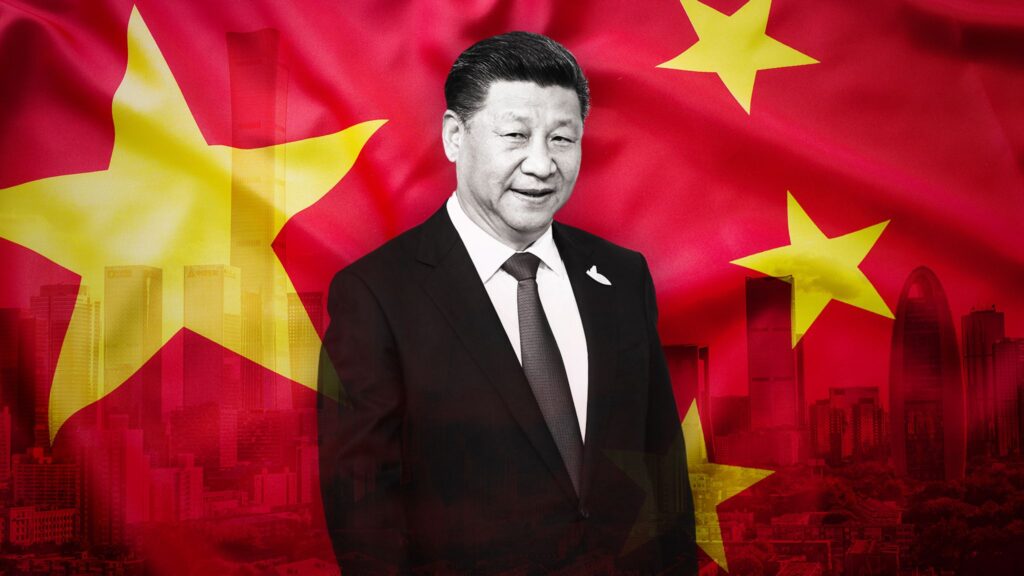
Xi Jinping
Recent events have sparked widespread speculation about the future of China’s most influential leader since 2012, Xi Jinping. His unexpected absence from the recent BRICS summit in Brazil, the first time since 2012, has fueled discussions globally about his potential retirement. While China officially cited scheduling conflicts, analysts worldwide are questioning if this marks a significant shift in Chinese leadership.
Xi Jinping’s Grip on Power
Over the past decade, Xi Jinping has consolidated immense power in China . He abolished term limits for the presidency, cracked down on opposition, and gained full control over the military and the party. Notably, he enshrined “Xi Jinping Thought” into the constitution, elevating his personality to an ideology for the entire nation . This move, along with his efforts to ensure his speeches and posters dominate public life, has led to perceptions of him as an authoritarian leader
Signs of a Potential Shift
Several factors are contributing to the current speculation:
- Reduced Public Appearances: Since June 4th, Xi Jinping has only appeared twice in official Chinese videos, with his last public appearance being with Singapore’s Prime Minister Wong . He has also been notably absent from state media since 2017, a first in seven years.
- Increased Role for Li Qiang: During Xi’s reduced visibility, Premier Li Qiang has been stepping up, filling the void in public appearances and representing China at events like the BRICS summit.
- Delegation of Responsibilities: Xi Jinping appears to be delegating more responsibilities to officials and avoiding public events, which some interpret as signs of a planned transition towards 2027.
Challenges Facing China Under Xi’s Leadership
Despite China’s ambition to become a superpower under Xi, the nation is currently facing significant internal challenges:
- Economic Headwinds:
- Zero-COVID Policy: The stringent zero-COVID policy, which kept people indoors and cities locked down for over 18 months, severely disrupted China’s economic supply chain.
- Real Estate Crisis: The collapse of major real estate companies like Evergrande and Country Garden has destabilized China’s property market.
- Tech Crackdown: Actions against tech giants like Alibaba have led to a significant exodus of technological companies and investors from China, fearing similar fates.
- High Youth Unemployment: The cumulative effect of these policies has resulted in over 21% youth unemployment, with many young people taking jobs below their skill level, leading to widespread dissatisfaction.
- Military Purge: Xi Jinping’s “purification” campaign within the military, which involved removing eight generals from the People’s Liberation Army’s Rocket Force and taking action against heads of military industrial companies, is seen by analysts as an attempt to solidify his power and address fears of military dissent.
- Internal Party Disagreements: There are growing internal disagreements within the Communist Party.
The “Water Test” Theory
Some analysts suggest that the discussions around Xi’s retirement might be a “water test”. This theory posits that Xi Jinping himself might have initiated these rumors to gauge public and party reactions, understand the prevailing sentiment, and then strategize his next moves.
Potential Successor: Li Qiang
If Xi Jinping were to retire, the most likely successor is Li Qiang, the current Premier of China. Li Qiang is a staunch supporter of Xi Jinping and is popular in industrial circles due to his business-oriented approach. His increased visibility at international events like the BRICS summit further strengthens his position as a potential successor.
The coming years, especially leading up to the major Party Congress meeting in 2027, will reveal whether these discussions are mere rumors or the prelude to a significant political transformation in modern China, with global ramifications.